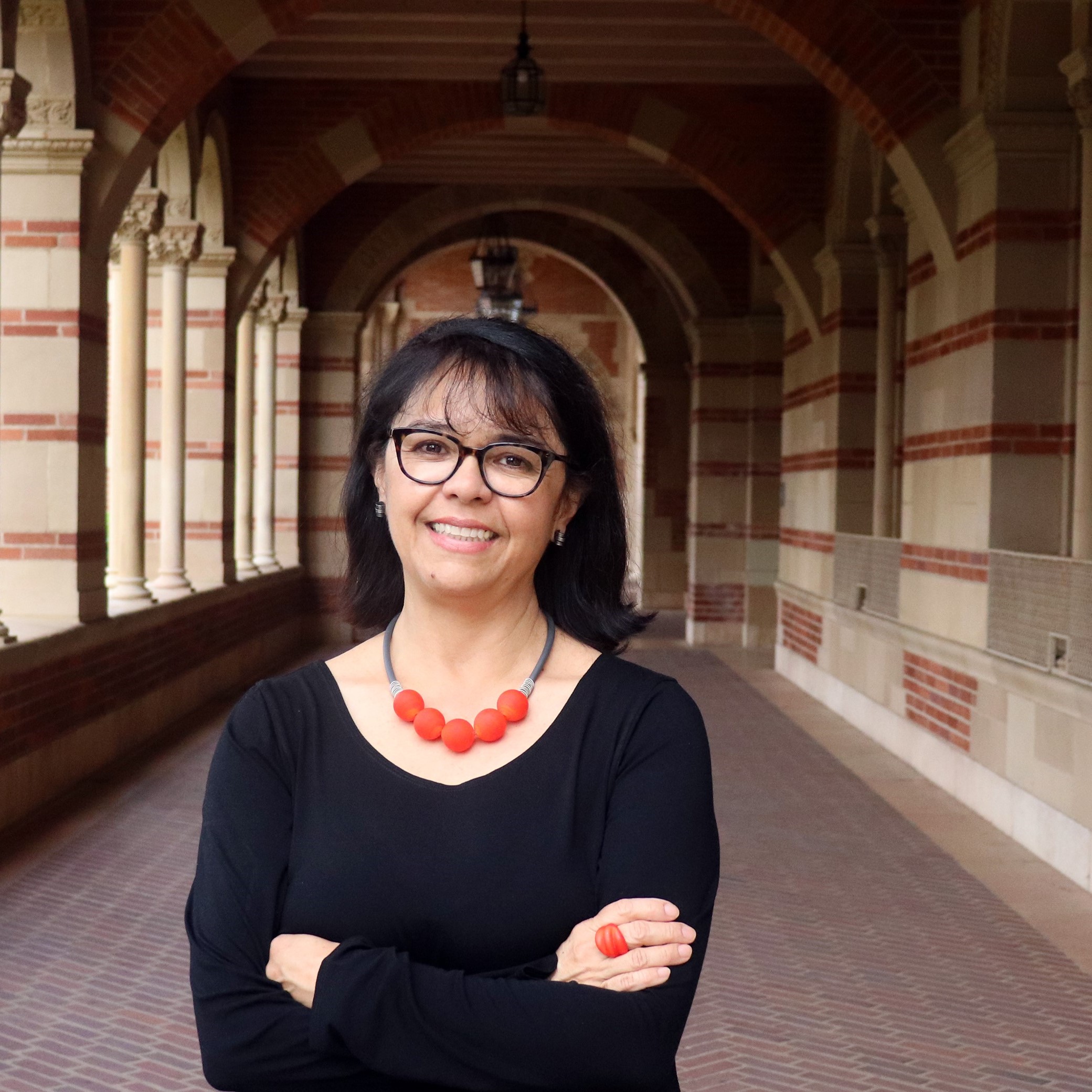Standing Committee
In the following blog I will argue, based on my fieldwork at the Cara Di Mineo Migrants’ reception camp, that Italy’s asylum procedure is a source of frustration for the asylum seekers. We may conclude that EU migration policy in that realm failed....

How do bureaucracy and law shape everyday lives? We speak about liminality and the less obvious forms of violence.
Deadline: 22 August, 2021
On behalf of Prof. dr. Peter Scholten and dr. Asya Pisarevskaya (Erasmus University Rotterdam), we would like to invite you to participate in this Expert Survey “Key publications on migrant integration policies and practices” (link).
Deadline: 1 September 2021
The newly established IMISCOE PhD Academy aims to provide targeted migration research specific training and networking opportunities for PhD students within the broad field of migration studies.
2021/07/22
The Institute for Advanced Social Studies (IESA), a unit of Spain’s Research Council (CSIC) located in Córdoba, is looking to hire a highly qualified post-doctoral researcher (maximum 5 years since obtaining PhD). The three-year contract is financed by...
Deadline: 31.07 and 10.08 (23:59)
The Centre of Migration Research, University of Warsaw is recruiting a PhD student (application deadline: 31.07) and a post-doc (deadline: 10.08) in prof. Marek Okólski’s project "Employer interests as an underrated factor in labour migration – an...
The 19th IMISCOE Annual Conference will be held in Oslo, Norway - June 29 - July 1, 2022
Deadline: 1 August 2021
International conference hosted by the University of Sussex on behalf of the H2020 MIRNet consortium (Migration and Integration Research and Networking), 15–16 November
The Research Social Platform on Migration and Asylum (ReSOMA) is IMISCOE’s evidence-based platform fostering sustained, regular policy dialogue between European stakeholders and researchers and facilitating evidence-based policymaking.
Deadline: 29 September 2021
Open to new ideas. Since 1365. As a research university with high international visibility and a wide range of degree programmes, the University of Vienna is committed to basic research open to application and research-led teaching, as well as to career...
